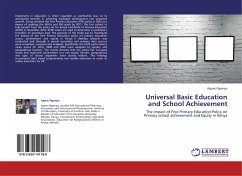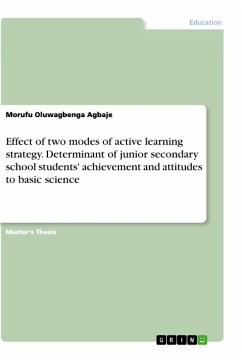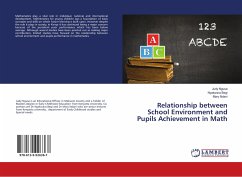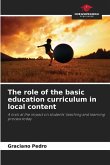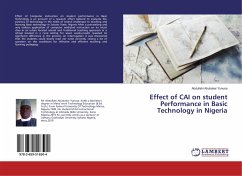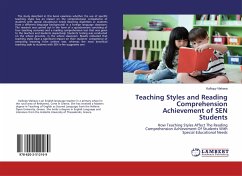Investment in education is often regarded as worthwhile due to its anticipated benefits in achieving equitable development and sustained growth. Kenya initiated the Free Primary Education (FPE) policy in 2003 as a means of realizing the MDGs and EFA goals by 2015. The first cohort to fully benefit from this policy sat for Kenya Certificate of Primary Education (KCPE) in November 2010. KCPE marks are used to determine a candidate s transition to secondary level. The purpose of this study was to investigate the impact of the Free Primary Education policy on primary education access, achievement and equity in Kenya. A desktop research was conducted and through it several secondary and primary data sources were consulted, reviewed and analysed. Specifically, the KCPE performance mean scores for 2010, 2009 and 2003 were analysed by gender and geographical location. The results showed that the policy has increased access and improved achievement but not equity. Gender, geographical andtype of school disparities were clearly evident. The findings recommend right based programming and quality education in order to realize Education for All.
Bitte wählen Sie Ihr Anliegen aus.
Rechnungen
Retourenschein anfordern
Bestellstatus
Storno

